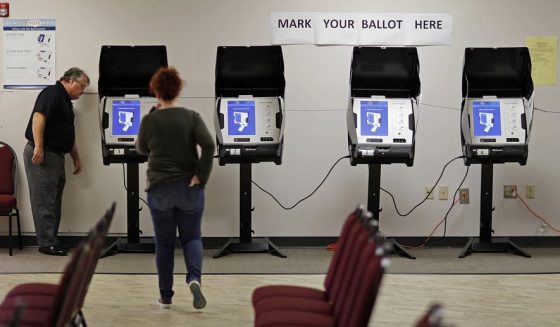BACKGROUND:
The U.S. currently administers around 80 welfare and poverty assistance programs across a fractured, disjointed, ineffectual bureaucracy. The costs of these programs add up to $1 trillion a year—about $750 billion federally, plus about $250 billion in state contributions. That means we could give each household in poverty a $30,000 check every year and still spend half of what we spend on these welfare programs each year. Senator Sessions offered an amendment that would establish welfare reform priorities designed to transition workers from dependency to independence—this would be accomplished not by cutting benefits but by prioritizing job placement. Only 1% of welfare funds currently go to job training; Sessions argued that welfare reform legislation should redirect a greater share of those funds towards job training and apprenticeships. Sessions also argued that companies looking for workers should go to the welfare office instead of the immigration office, and that benefits should be consolidated to improve oversight and efficiency.

















